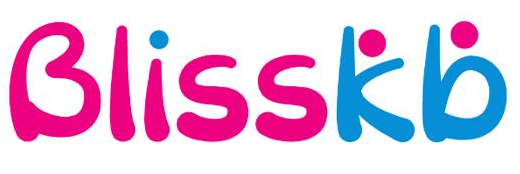Caring for your newborn baby is undoubtedly an overwhelming task for a new mother and the family. But, when you have a caring pediatrician on your side, they take out all the guesswork.Our pediatrician makes sure you learn everything you need to know about newborn care. Call ou clinic or use the convenient online booking tool to schedule your baby's first visit. Feeding the Newborn The neonate should be breastfed on demand, usually every 2-3 hourly. The newborn will feed on the breast around 8-12 times in a day, each feed lasting around 10-15 minutes. The interval between two feeds should not be more than 4-5 hours in the first 2-3 weeks of life. A rigid feeding schedule is not required, as a routine will be established naturally with time. Can solids be started at 4 months of age? It is recommended to continue exclusive breastfeeding until 6 months of age. Weaning is recommended after completion of 6 months. Breast milk has all the nutrients needed to maintain the optimum growth of a newborn for the first 6 months. The antibodies in breastmilk protect the baby from respiratory infections and diarrheal illnesses. Research has proven that exclusively breastfed infants are less likely to develop allergies, asthma, high cholesterol and diabetes. The mothers are also benefitted due to the lesser risk of breast and ovarian cancers. Nursing helps to burn calories that help to shed the extra weight gained during pregnancy. Can a bath be given to the newborn immediately after birth? The bath is usually delayed for 12-24 hours after birth. The full-term baby’s skin has a natural moisturizer and cleanser called vernix caseosa that also protects against infections. A bath given immediately after birth may remove this natural infection barrier, may predispose to hypothermia and interfere with breastfeeding and mother-infant bonding. Rubbing with a clean, warm towel is recommended at birth to remove amniotic fluid, blood and meconium. Should an antibiotic powder be applied on the umbilical cord area in the first week of life? There is no need to apply antibiotic powder, gentian violet or other chemicals over the umbilical stump area. However, it is important to keep the cord clean and dry by keeping it exposed to air or loosely covered with a clean cloth. Cord care is very important to prevent colonization with bacteria like staphylococcus aureus and gram-negative bacilli that may then lead to an infection of the umbilical cord called omphalitis. Application of traditional substances like ash, herbal products, human milk or cow dung may significantly increase the chances of omphalitis and dangerous infections like neonatal tetanus.

This is your website preview.
Currently it only shows your basic business info. Start adding relevant business details such as description, images and products or services to gain your customers attention by using Boost 360 android app / iOS App / web portal.
919967579523
Treatments
We focus on continuous quality improvement to provide patients a safe environment to recieve highest quality care
Have any question or need any consultation?
Online appointment booking is not available right now.
Your enquiry
Your contact info
Appointment Confirmed
Your appointment ID is
| Doctor Name: | |
| Date & Time: | |
| Contact: | +918048030654 |
| Address: | Flat No 2/203, Amogh CHS , Lalbaug , Ganesh Gali Mumbai |
| Appointment fee: | |
| Payment mode: | |
| Join video call at: |
Thanks for choosing us.Your appointment details has been shared on your mobile number as well. Please arrive atleast 10 minutes ahead of the scheduled time.
Success
